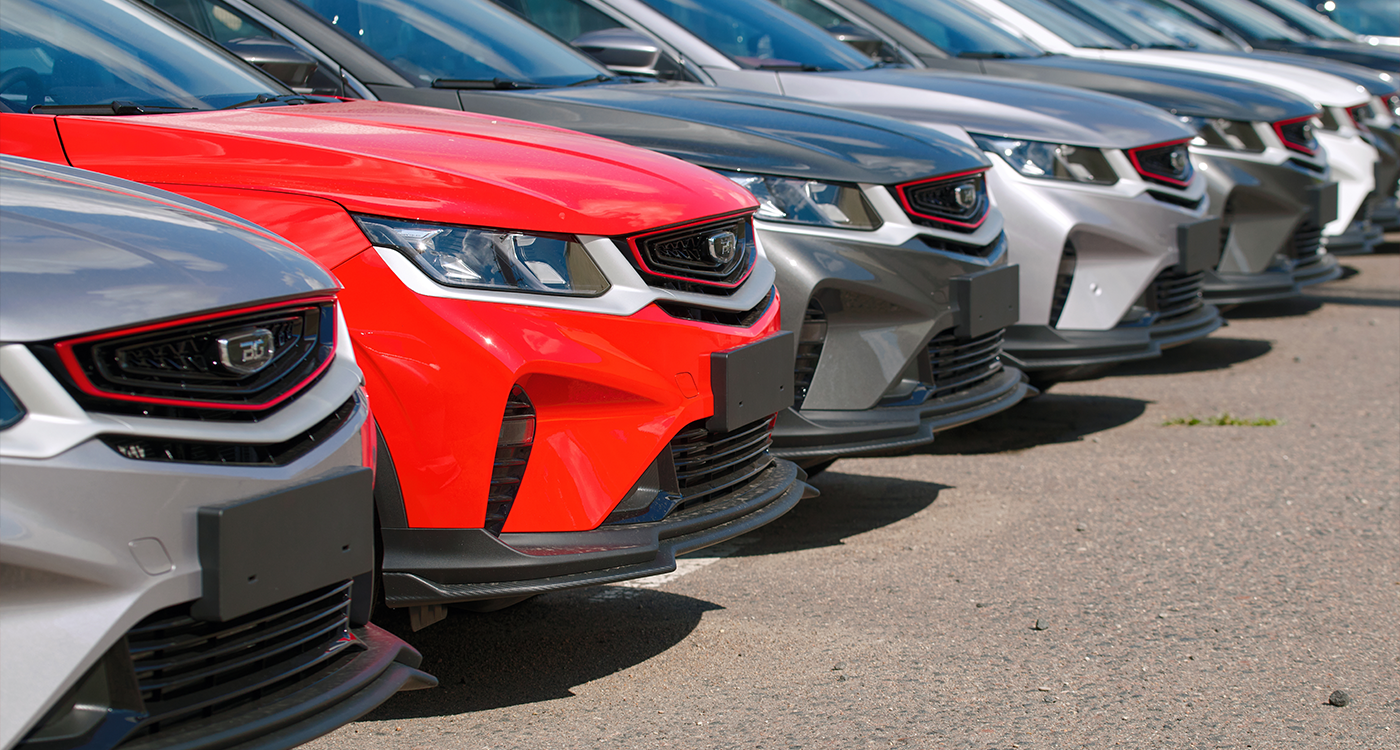
As the New York Auto Show gains momentum and Shanghai dazzles with electric energy, one thing is clear: the rapid rise of Chinese automakers, particularly in the electric vehicle (EV) market. The twist? Donald Trump’s protectionist policies have unintentionally—and effectively—accelerated this growth.
Trump, determined to “bring the auto industry back home,” recently imposed a 25% tariff on steel, aluminum, and crucially, the entire automotive sector. His goal was straightforward: to reshore production and safeguard American industry.
However, in trying to curb imports, Trump has inadvertently given China’s EV sector a significant push. By making American-made EVs more expensive, he has rolled out the red carpet for Chinese automakers to capture a larger share of the global market.
The intention behind these tariffs was clear and arguably admirable. The outcome? Far more questionable.
A Hefty Price Tag
The tariffs have inflated production costs for American automakers—even for those already manufacturing domestically, like Tesla, Ford, and General Motors. The result? An industry under strain, facing a massive financial hit: the US auto sector is projected to lose $108 billion in 2025, according to the Center for Automotive Research.
While American automakers count their losses, Chinese companies are racking up the wins. Tesla, still a dominant player, is starting to wobble, becoming an unintended casualty of protectionism. Its sales in China—a key market—fell by 11.5% in March 2025, while BYD, China’s EV giant, surged by the same amount.
China is Tesla’s second-largest market, making this a painful blow. In 2024, BYD sold 3.7 million electric vehicles, surpassing Tesla in two consecutive quarters. And they’re not stopping there. While American brands struggle to weather the storm of tariffs, BYD is expanding into Brazil, Europe, Asia, and Latin America—everywhere... except the US.
The Commercial Immunity Advantage
Here’s the twist: By staying out of the US market, Chinese automakers like BYD are shielded from Trump’s tariffs. It’s a form of commercial immunity. While America turns inward, China charges ahead globally.
And on the global stage, numbers speak volumes. In 2024, China accounted for 64.3% of global electric vehicle sales—around 11 million units out of 17.1 million. Projections suggest that by the end of 2025, China could control up to 80% of the market. In short, while the US struggles with tariffs, China is driving to the front of the pack.
In his bid to protect American automakers, Trump may have inadvertently pushed them off course. Through tariffs and patriotic rhetoric, he weakens domestic manufacturers while opening the door for foreign competitors. They’re currently poised to grab market share as it falls—like autumn leaves. A boomerang effect? Absolutely. But one that’s polished and premium.
Trump seems to have overlooked one crucial detail: the global economy doesn’t favor barriers. The result? Chinese automakers are gaining momentum, while consumers are choosing what drives best, what’s affordable, and what’s easy to recharge.
In the end, by attempting to protect Detroit, Trump has inadvertently handed Beijing a prime spot on the global podium. Thanks to tariffs, American EVs have lost their competitive edge, while Chinese models have slipped past the fiscal barriers. To put it simply: America left the key in the ignition, and China didn’t hesitate to take the wheel.




Comments